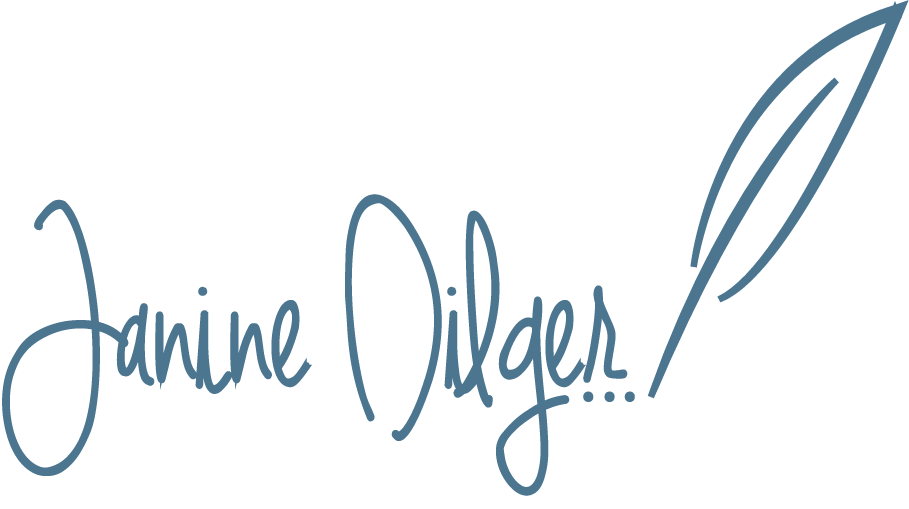“One must always be careful of books, and what is inside them, for words have the power to change us.”
~Cassandra Clare, Clockwork Angel
The Midnight Library by Matt Haig. Trade Paperback. 288 pages.
“Between life and death there is a library,” she said. “And within that library, the shelves go on forever. Every book provides a chance to try another life you could have lived. To see how things would be if you had made other choices… Would you have done anything different, if you had a chance to undo your regrets?”
How many of us wish we could have a do-over? Go back to the moment of decision over a lifelong regret? Or wonder what might have been if we pursued that other career or love interest? Said yes instead of no? Gone left instead of right? The Midnight Library offers a creative glimpse into the what-might-have-been and I loved it.
I thought the concept behind it was fascinating and the execution was outstanding. Matt Haig pulled me into the main character’s orbit from the opening sentence: “Nineteen years before she decided to die, Nora Seed sat in the warmth of the small library at Hazeldene School in the town of Bedford.”
Through the Midnight Library and the Book of Regrets, Nora visits a sort-of parallel universe of her life—multiple variations of what her life might have been if she made different choices at various junctures. Each chapter provides some layer of insight to Nora’s life, circumstances and choices, eventually bringing her and the reader full circle.
The book requires a willing suspension of belief to fully appreciate the storyline; if you can enjoy the writing and the unique idea of it, there is actually a lot of wisdom to be gleaned from Nora’s experiences.
At one point, after her first alternate life experience, she lashes out at Mrs. Elm (the librarian). “I still don’t get why you let me go into that life if you knew Volts was going to be dead anyway? You could have told me. You could have just told me I wasn’t a bad cat owner. Why didn’t you?” Mrs. Elm responds, “Because, Nora, sometimes the only way to learn is to live.”
Isn’t that the crux of it for all of us? Ultimately, Nora discovers that there is no such thing as a perfect life. It is the plight of humanity that we are, in fact, all just humans.
I found the whole idea of it quite thought-provoking. Haig’s prose is beautiful, not overdone; simple, eloquent and to the point. While I typically read fiction as an escape, this book was unique in that it was enjoyable, fantasy-like in some ways, but also got me thinking about my own life and choices.
It concludes with the profound idea that it’s not our circumstances or even our decisions that define our satisfaction or happiness. He writes, “It is quite a revelation to discover that the place you wanted to escape to is the exact same place you escaped from. That the prison wasn’t the place, but the perspective.”
I highly recommend it.
Thanks for visiting! You can read this review and others on my Goodreads account by clicking the LINK.
Photo by Jonas Jacobsson on Unsplash.com



